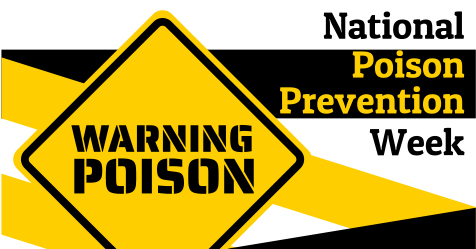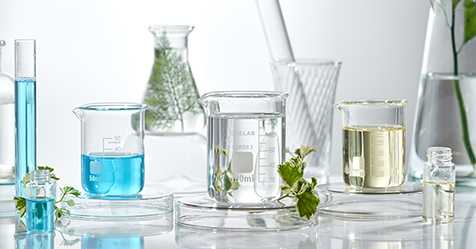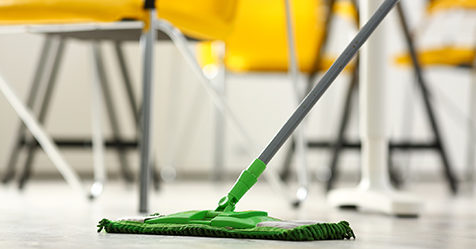Hand Sanitizer and Disinfectant Poison Cases Rise During Pandemic
Facilities can use National Poison Prevention Week, March 21-27, to raise awareness and practice safety
March 21-27 is National Poison Prevention Week, which offers facility managers and business owners alike an opportunity to promote poison prevention in their buildings and community.
Two potential poison exposures that facilities must pay close attention to now more than ever include hand sanitizers and cleaning products. As use of these products has increased during the COVID-19 pandemic, so have associated poison exposures. In response, the American Association of Poison Control Centers (AAPC) has been working with poison control centers across the country to track these common exposures, which include bleach and disinfectants.
National Poison Data System (NPDS) data collected from the 55 U.S. poison control centers show that hand sanitizer, disinfectant, and bleach exposure cases have all risen significantly during the pandemic from January 1 to March 21, 2021, compared to the same time period before the pandemic (2019):
- 7,854 hand sanitizer exposure cases reported, a 56% increase
- 5,478 disinfectant exposure cases reported, a 29% increase
- 9,572 bleach exposure cases reported, an 18% increase.
While more than 90% of the time poisonings happen in people’s homes, workplaces and facilities can play an important role in poison prevention, too.
When it comes to disinfectants, AAPCC offers the following tips to prevent harmful exposures:
- Read and follow product label instructions before each use
- Do not mix cleaning products
- Practice safe storage habits, keep products up and away
- Call the Poison Help hotline at 1-800-222-1222 immediately if you have questions or suspect a poisoning.
For more tips and resources for what individuals and facilities can do during National Poison Prevention Week, visit the U.S. Health Resources & Services Administration website.
 Did you know? In 1961, Congress established National Poison Prevention Week to raise awareness, reduce unintentional poisonings, and promote poison prevention. Sponsored by the National Poison Prevention Week Council, the event is held during the third full week of March every year.
Did you know? In 1961, Congress established National Poison Prevention Week to raise awareness, reduce unintentional poisonings, and promote poison prevention. Sponsored by the National Poison Prevention Week Council, the event is held during the third full week of March every year.


